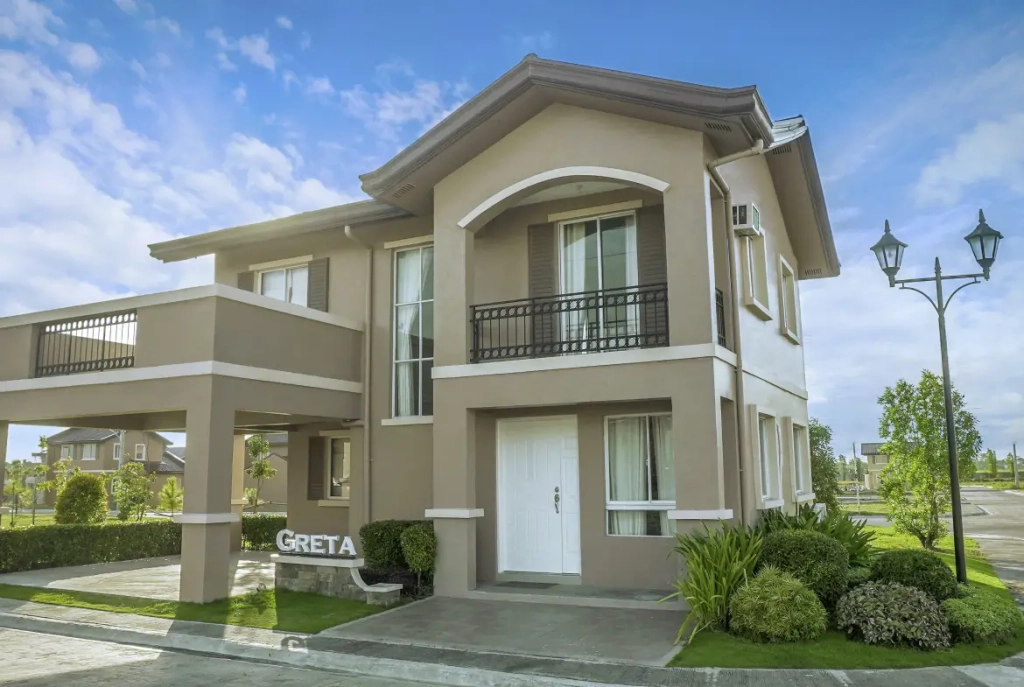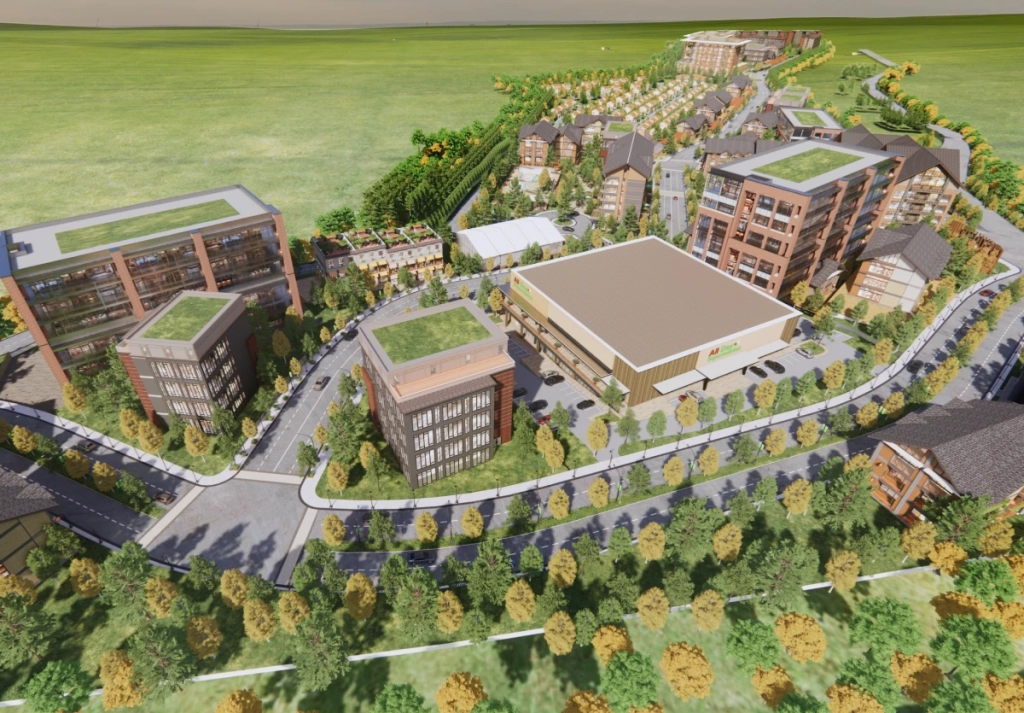Affordable Condominiums vs. Traditional Houses: Pros and Cons for Filipino Homebuyers

In a rapidly growing property market like the Philippines, the choice between affordable condominiums and traditional houses has become an important consideration for homebuyers. Urbanization, modernization, and changes in the socioeconomic landscape have created a wide array of housing options.
With Affordable Condominiums vs. Traditional Houses, Pros, and Cons for Filipino Homebuyers being the central debate, this comprehensive guide aims to help you weigh the factors, explore the benefits, and face the challenges associated with each option.
RELATED: The Influence of Top Schools on Property Prices
Affordable Condominiums vs. Traditional Houses: Pros and Cons for Filipino Homebuyers: A Comparative Study

When exploring the world of real estate in the Philippines, the comparison between Affordable Condominiums vs. Traditional Houses is both intriguing and essential. Pros and Cons for Filipino Homebuyers vary, and understanding these variations can make a significant difference in the decision-making process.
Location Considerations
Urban vs. Suburban Living
Condominiums often offer the allure of urban living with accessibility to work, entertainment, and amenities, while traditional houses in suburban areas provide a more serene environment, often with more space and privacy.
Accessibility
Easy access to public transportation, main roads, and proximity to business districts is a strong point for condominiums. Traditional houses may require longer commute times and may not always be conveniently located near major transit routes.
Neighborhood Safety
Security features in condominiums often surpass those in traditional houses, with 24/7 security and CCTV. Traditional houses may require additional investment in security systems.
Price and Value
Initial Costs
While affordable condominiums can be an attractive option for first-time buyers or those with a limited budget, traditional houses generally require a higher initial investment.
Maintenance Costs
The costs associated with maintaining a traditional house can be significantly higher, considering repairs, gardening, and general upkeep. Condominiums often have shared maintenance fees, which can be more manageable.
Appreciation Value
Traditional houses often appreciate at a higher rate due to land ownership, but condominiums in prime locations can also offer good appreciation.
Lifestyle Considerations
Space and Design
If space is a priority, traditional houses often offer more room for customization and expansion. Condominiums might limit design changes due to community rules and space constraints.
Community Living
Condominiums provide a sense of community and shared amenities like pools and gyms. Traditional houses offer more privacy but might lack these shared benefits.
Amenities and Facilities
Modern condominiums boast a variety of amenities, from fitness centers to convenience stores within the premises. Traditional houses may require traveling to access similar facilities.
Financing and Loans
Financing Options
Both condominiums and traditional houses have various financing options available, including bank loans and developer financing. However, approval processes and requirements may vary.
Loan Approval Process
Condominiums might have a more streamlined approval process, especially if tied to developer partnerships with financial institutions. Traditional houses may have more rigorous checks and balances.
Legal Considerations
Ownership Laws
Understanding ownership laws is essential. Condominiums may have restrictions on foreign ownership, and traditional houses require careful consideration of land titles and zoning laws.
Zoning and Regulations
Traditional houses may come with zoning restrictions and building regulations, whereas condominiums often include these in the purchase agreement.
Investment Prospects
Return on Investment
Considering the return on investment, traditional houses offer land value appreciation, while condominiums provide opportunities for rental income, especially in prime urban areas.

Rental Opportunities
With the rising demand for rental spaces in city centers, condominiums are increasingly attractive to investors. Traditional houses may have rental potential but often in a different market segment.
Social and Environmental Impact
Social Integration
Condominiums offer a unique social integration experience with community activities and shared spaces. Traditional houses foster community at a neighborhood level.
Sustainability
Modern condominiums may include green technologies and energy-saving features. Traditional houses have the flexibility to implement sustainable practices, but this is often up to the homeowner.
The Future of Housing in the Philippines
Predicting the future of housing is complex, but current trends indicate a continued interest in both condominiums and traditional houses, with a growing focus on sustainability, affordability, and community integration.
The journey to find the perfect home in the Philippines is both exciting and complex. The debate between Affordable Condominiums vs. Traditional Houses offers Pros and Cons for Filipino Homebuyers at every step. Whether seeking a bustling urban lifestyle or a tranquil suburban retreat, affordability, or significant investment, the choice must align with personal preferences and practical necessities.
By understanding the varied aspects of location, cost, lifestyle, financing, legalities, and investment, homebuyers are better equipped to make informed decisions. The future of housing in the Philippines looks promising, with diverse options catering to different needs and preferences. Happy house hunting!
FAQs
What are the main differences between affordable condominiums and traditional houses?
The main differences lie in location, lifestyle, costs, legal considerations, investment prospects, and social and environmental impact. Both options have their unique Pros and Cons for Filipino Homebuyers.
Is investing in a condominium a good option for Filipino homebuyers?
Investing in a condominium can be a good option, especially in urban areas with high rental demand. It may also suit those who prefer community living and access to amenities.
What are the potential challenges in buying a traditional house?
Challenges may include higher initial costs, maintenance, zoning regulations, and potentially longer commute times.
How do I decide between a condominium and a traditional house?
The decision should be based on personal preferences, lifestyle needs, budget, location requirements, and investment goals. Consulting with a real estate professional can be beneficial.
Are there any restrictions on foreign ownership of condominiums or traditional houses in the Philippines?
Foreigners can own condominium units but not land. Therefore, owning a traditional house might require a legal arrangement or partnership with a Filipino citizen.
Can I rent out my condominium or traditional house?
Yes, both options can be rented out, but condominiums might have specific rules and regulations that must be adhered to, while traditional houses might require adherence to local rental laws.
Read more here: AllProperties Latest Blogs




